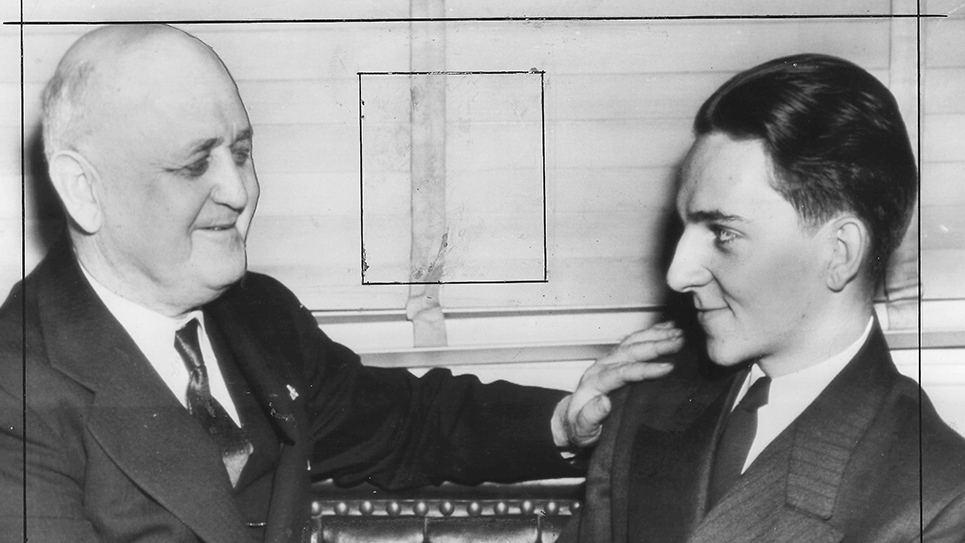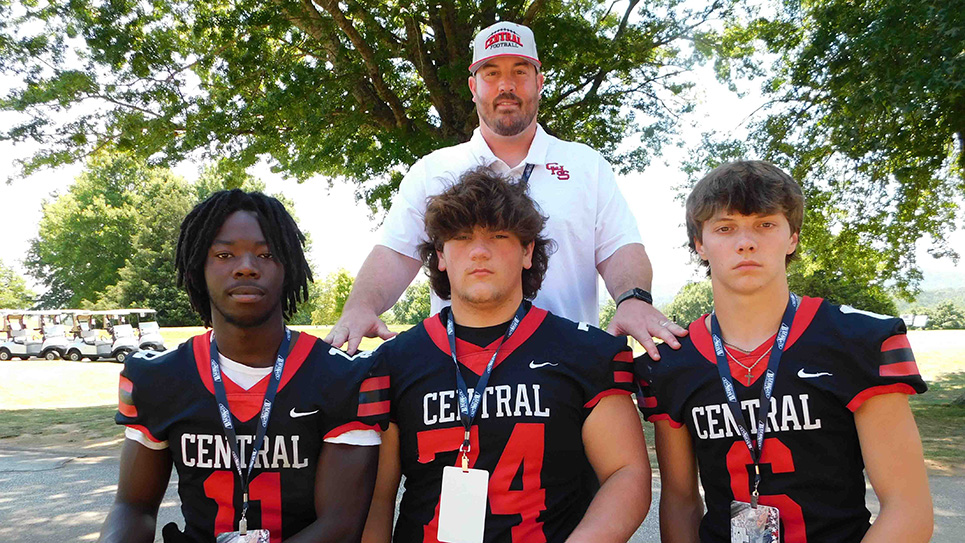Cerny, Spangler discuss mental health court at local meeting
By Ken Lay
Mental health took center stage at the Three Rivers Republican Club at its monthly meeting early last week.
Knox County General Sessions Court Judge Chuck Cerny and Knox County Sheriff Tom Spangler discussed the newly-formed Knox County Mental Health Court Tuesday night at Marbledale Baptist Church in Strawberry Plains.
The court was recently formed as mental illness continues to be a growing problem in the county.
The mental health court was designed and conceived by Cerny to provide an alternative to incarceration for those arrested who have been determined to be suffering from mental illness.
It gives those arrested a chance to voluntarily participate to avoid jail time.
“People can voluntarily participate in the mental health court but they must meet certain conditions and be on extended probation,” Cerny said. One of those conditions is not re-offending.
“They must also stay on their medication and must serve extended probation (in the program), usually 18 months, which is more than the 11 months and 29 days that I’m normally authorized to sentence.
“People are suffering and mental illness is a form of suffering,” he said.
Many of those who suffer from mental illness are homeless and been relegated to living on the street since the state-run mental health facilities, including Lakeshore in Knoxville.
“They have nowhere to go,” Spangler said.
Many have been arrested and sent to Knox County Sheriff’s Office detention facilities.
Spangler said many of those arrested with mental illness are taken to jail for obstructing sidewalks.
The sheriff also noted that in addition to overcrowding at corrections facilities, the mental health problem also causes other problems.
“When a person is transported to be evaluated (for mental illness), the sheriff’s department is the only department in the state of Tennessee who is responsible for transporting,” Spangler said. “Our deputies must transport them and they could be transporting them to Nashville, Chattanooga or Memphis.
“KPD can’t do it. When the police department has someone to be transported they transport them to us and we have to transport them to the evaluation.”
Spangler also said that a corrections facility is not the place for those suffering from mental illness, who otherwise haven’t committed a crime.
“These people need help and a corrections facility is not the place for them to get that help,” he said. “Our people are not trained for that. We’re not trained to provide treatment.”
Cerny said that the mental health court has a handful of participants and will eventually look to handle 15 participants.
“We have a great case manager and we can handle up to 15 cases,” he said. “Eventually we hope to hire another case manager so we can handle up to 30 participants, but we don’t want to get too big too fast.”







